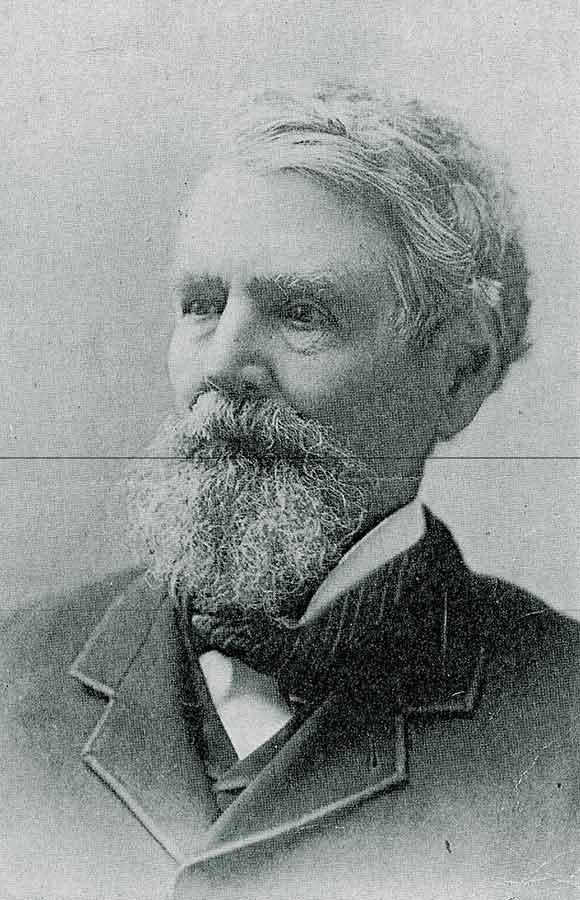
The assasination of General Earl Van Dorn is one of the most unusual events of the Civil War in the United States that took place between April 12, 1861 – April 9, 1865. General Van Dorn, known for his aggressiveness in battle strategy was also known for his aggressiveness and attractiveness to women.
Sign up to be emailed when this film is available on streaming services!
In the spring of 1863, the Union had suffered several humiliating defeats at the hand of General Van Dorn. Van Dorn’s signature victory, his defeat of General Ulysess S. Grant, apparently caused Grant significant embarrassment as it was said that Grant never forgot.
Van Dorn, married to Carolina Van Dorn, was known for having many romantic affairs with women, especially during his travels of the war, but perhaps his most well-known affair was that he allegedly had with Jesse Peters of Spring Hill, Tennessee. Jesse was married to Dr. George Peters, also of Spring Hill.
It appears that Jesse had a bit of a reputation as being adventurous and this trait is likely what caused her dissatisfaction with her husband, Dr. Peters, who was also significantly older than she. Her difficulty to keep herself from Van Dorn is, perhaps, understandable, since the New York Times had this to say of Van Dorn’s appeal to women:
It’s true that Van Dorn was enormously attractive to many women — one memoirist wrote that “his bearing attracted, his address delighted, his accomplishments made women worship him.”
In terms of respect commanded by Van Dorn, the New York Times had this to say:
Van Dorn’s troopers would remember with fervent admiration his appearance as dawn arose on Dec. 20 and they waited with him just outside the town. “Seated on his fine black mare, holding his hat above his head,” one recounted, “I thought him as fine a figure as I had ever seen.” Colonel Griffith, whose plan Van Dorn had executed to perfection, wrote that “I felt as if I could charge hell and capture the devil.”
Shot down from behind while writing at his desk was a particularly ignominious end for Van Dorn, given his passion and courage, however flawed he might have otherwise been. “To this day his ghost must weep,” writes one contemporary historian, because “he should have died leading a cavalry charge.”
It is thought by many, particularly in the South, that the assasination of Van Dorn was strategically planned by the Union, who learned of Van Dorn’s affair with Jesse Peters and approached her husband, Dr. George Peters, and offered him a $3 million dollar land-grant in Mississippi if he agreed to kill Van Dorn for them. Dr. Peter’s accepted their offer, according to reports, after he caught General Van Dorn and his wife together in bed.
Others claim that Dr. Peter’s thought Van Dorn was having a relationship with his daughter from his second marriage. It’s possible that Dr. Peter’s went back and forth between trusting his wife, Jesse, to the point of thinking that Van Dorn was sleeping with his daughter, to believing that it was Van Dorn and Jesse who were romantically involved. His suspicions appeared to have been clarified when he walked in on Earl and Jesse in bed together.
After Van Dorn’s victories over the Union’s General Ulysses S. Grant and General Coburn, the Union apparently began to believe that they would have some difficulty winning the war with Van Dorn alive. Thus their offer to Dr. George Peters would have been well worth the financial investment and the further promise to aquit him of the charge of murder that would follow if he were caught.

Dr. George Peters assasinated General Van Dorn in the mansion pictured above (Ferguson Hall). Though captured by General Nathan Bedford Forrest and a team of Confederate soldiers, Dr. Peter’s recieved aquittal of the charges and relocated to Mississippi to live on $3 million dollars worth of land awarded to him by the Union. Dr. Peter’s claimed that Van Dorn attempted to attack him and that he shot to protect himself from Van Dorn, but the medical report noted that General Van Dorn was shot in the back of his head and likely while he was seated and asleep.

Dr. Peters divorced Jesse after the event, another clue that the affair had indeed been between Van Dorn and Jesse rather than with Dr. Peter’s daughter from another marriage.
To this day, Van Dorn’s assasination stimulates both mystery and conspiracy theories in those who examine Civil War history. Some historians speculate that the Union’s path to victory would have been less likely had General Van Dorn remained alive.
